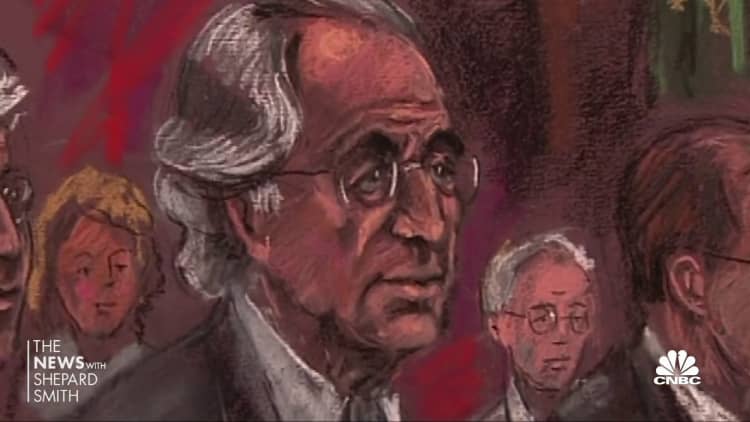It’s fitting that Braden Schneider’s entry-level contract is set to expire this offseason.
There hasn’t been anything entry-level about the 22-year-old defenseman’s role with the Rangers as of late, nothing at all.
With the increased workload and responsibility, however, came an increased emotional involvement that made the ending to the Rangers’ season all the more difficult for Schneider to bear.
“When you play more, you feel more involved, so it stings even more,” he said during his exit interview with reporters earlier this month, after the Blueshirts bowed out in the conference final for the second time since the Saskatchewan native made his NHL debut in January 2022.

The timing of Schneider’s graduation from third-pair stalwart to top-four option could not have come at a better time for an organization that has already started making hard decisions regarding the team’s core.
Business will have to come first for Schneider, who is a pending restricted free agent.
The Rangers’ recent track record with young skaters says a bridge deal of two to three years is in order, and the value could range between $2 million-$4 million per season.
It’s possible the Rangers may want a longer term on Schneider’s next deal to give themselves some cost certainty, but they might not be able to take on that kind of cap hit the next few years.
“I think this year, I feel like with this staff we got, I felt like I’ve learned a ton,” Schneider said. “I feel like I’ve gained a ton of confidence. I was given a great opportunity. I think I just got to make sure I keep building on my game. I think there’s levels that I want to find still.
“There’s still a lot of growth and a lot of learning to go, and I’m looking forward to getting there and coming back here and continuing to grow as a player.”
Schneider’s short New York tenure always has been eventful, in the sense that he had a new defensive partner for what felt like month after month.
It was a different kind of eventful this year though, beginning with Schneider having to work through some rare growing pains as he adapted to first-year head coach Peter Laviolette’s extremely detailed system.
He was ultimately a better defenseman for it, becoming even more positionally sound and formidable on the back end.
And when Jacob Trouba went down with a broken ankle in March, Schneider stepped in alongside K’Andre Miller, and excelled with the bump in ice time and tougher matchups.
Despite posting just one more point (19) than he did last season, Schneider improved in a myriad of categories.
He put more pucks on goal (95), registered more blocks (133) and hits (167), and his Corsi for percentage increased to just under 50 (49.1).
Not only did the Rangers score more with him on the ice this season, but Schneider also gave the puck away way less than previous years.
The maturation in his game was noticeable and crucial to the Rangers’ Presidents’ Trophy-winning campaign.
Trouba struggled when he returned to the lineup and Laviolette opted to go back to the Schneider-Miller pairing at the end of the season, which included a majority of the playoffs.
That dropped the Rangers captain to the bottom duo with Erik Gustafsson.
The two young blueliners were tasked with matching up against the Capitals’ Aliaksei Protas-Dylan Strome-Tom Wilson line and the Hurricanes’ Jake Guentzel-Sebastian Aho-Andrei Svechnikov unit. Additionally, for Games 5 and 6 against the Panthers, they faced Carter Verhaeghe, Aleksander Barkov and Sam Reinhart.
Schneider averaged 17:32 of ice time this postseason, a significant bump from the 14:58 and 11:09 he logged the previous two runs.
There are a lot of decisions to be made regarding the Rangers’ defense core this offseason — considering Ryan Lindgren is also a restricted free agent, but with arbitration rights this time as he prepares to sign his third contract.
Erik Gustafsson, who skated with Schneider for a majority of the regular season, is a pending unrestricted free agent as well, and Trouba’s up-and-down year calls into question his standing with the organization.

Adam Fox may also be locked in the next five seasons, but Miller is eligible to begin negotiating an extension on July 1 before the one year remaining on his bridge deal expires next summer.
“Going back [to work] this summer,” Miller said. “I’m pretty determined. I think just getting better. Everybody, I think, can pull one percent better. If that’s our end goal. I think everybody can just pull that one percent more and be prepared for the challenges next season.”
Credit: Source link














